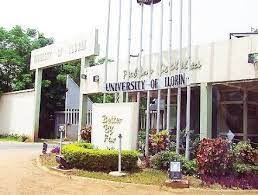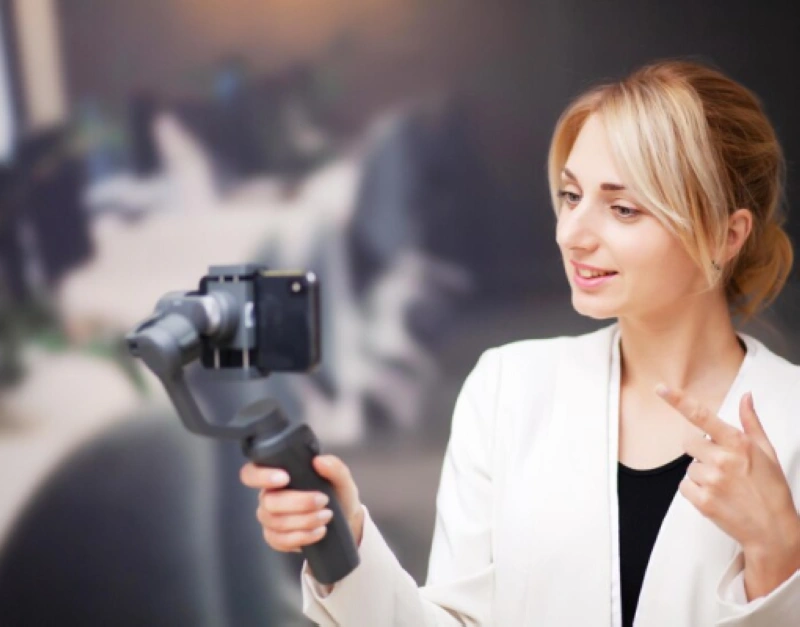Nigeria Getting Recognized As ‘World Capital’ Of ‘Skin Bleaching’ Worrisome –Health Minister

Nigeria getting positioned and recognized as ‘world capital’ of ‘skin bleaching’ has been described as a worrisome development.
Minister of State for Health and Social Welfare, Dr Iziaq Salako, who expressed worry over the increasing use of products that lighten skin in the country and across Africa, also warned that using the products in question will expose people to health risks.
Despite the harmful effects, the use of such products like creams, ointments, soap, pills, and injections is common among Africans.
Team@orientactualmags.com learned that the minister said this during the workshop held to raise awareness on the dangers of skin lightening products in Gabon, on Wednesday.
He noted that bleaching products is particularly widespread in Africa, especially among the women.
Salako disclosed that Nigeria is in the process of developing a National Policy on Cosmetics to provide a comprehensive framework for ensuring the safety and quality of cosmetic products in the country.
‘I must say that not only are men using SLPs, but men also tend to put pressure on women directly or indirectly to lighten their skin, and therefore our campaigns must not exclude the menfolk.
Nigeria may have been called ‘the world capital of skin bleaching’, or ‘the skin-lightening hothouse of the world,’ potentially due to its recognition as having the highest usage rates of SLPs across the globe put at 77 per cent among Nigerian women by WHO. This rate is the highest in the world, reinforcing the prevalence of a cultural and societal preference for lighter skin or whiteners that are widely used among a wide range of demographic groups regardless of age, socio-economic status, or education level’ he said.
The minister added that other studies and surveys confirm the high prevalence of skin bleaching culture in Nigeria.
‘The Federal Ministry of Health and Social Welfare (through the Cosmetics Safety Management Programme) sampled the opinion of manufacturers and regulatory agents on skin lightening agent usage and found that 52 per cent of manufacturers use skin lightening agents in their formulation
Nigeria Opinion Institute, a leading public opinion polling organisation in Nigeria, providing insights into public opinion and consumer markets found that 64 per cent of Nigerians believe skin bleaching is highly prevalent, with 97 per cent believing it is common among Nigerian women.
Studies among university students found a prevalence of between 62.4 and 64.9 per cent. The awareness of skin bleaching is high at over 76 per cent with close to 40 per cent believing that it makes one look beautiful and fashionable. High prevalence was influenced by peer pressure and societal perceptions of beauty. There is also a prevalent practice of using toning ( as a replacement) for bleaching and believing wrongly that toning is not harmful or less harmful’ he submitted.
While noting that many of the bleaching products contain harmful substances, such as mercury, hydroquinone, steroids and other heavy metals like arsenic, lead, and cadmium which pose risks of skin damage, organ toxicity and cancer, he added that the high prevalence of use of skin lightening products in many parts of Africa, including Nigeria highlights the urgent need for targeted public health campaigns, stricter regulatory enforcement, and community-based advocacy to address the practice.
‘Recognizing the pervasive use of unsafe cosmetics and the health risks they pose, the Federal Ministry of Health and Social Welfare has taken proactive steps to educate the populace.
Through its Cosmetics Safety Management Programme, the ministry has carried out sensitization, training, and advocacy campaigns in the country including at the grassroots level. The approach is being designed to influence behavioural changes by addressing the root causes of skin-lightening product usage and promoting a healthier and more inclusive attitude.
We have developed the Cosmetic Products (Prohibition of Bleaching Agents) Regulations 2019, which prohibit the use of harmful skin-bleaching agents like mercury and restrict the allowable concentration of hydroquinone to two per cent. The government through the National Agency for Food Drugs Administration and Control ensures that all cosmetic products sold in Nigeria are registered, tested, and certified to meet safety standards.
Unregistered and counterfeit products are actively seized and destroyed. Routine inspections and market surveillance activities are conducted to identify and remove hazardous products from circulation, as well as monitoring of online platforms to search for the presence of mercury-containing products.
“Community outreach programmes and media campaigns to educate the public on the risks of using unsafe cosmetics and the importance of verifying product authenticities before purchase are conducted. The introduction of the MedSafety app is being used to ease the reporting of all forms of adverse reaction including adverse cosmetics events’ he said-Team@orientactualmags.com Do you have any information you wish to share with us? Do you want us to cover your event or programme? Kindly send SMS to 08059100286, 09094171980 or get in touch via orientactualmag@gmail.com. Thank yo





